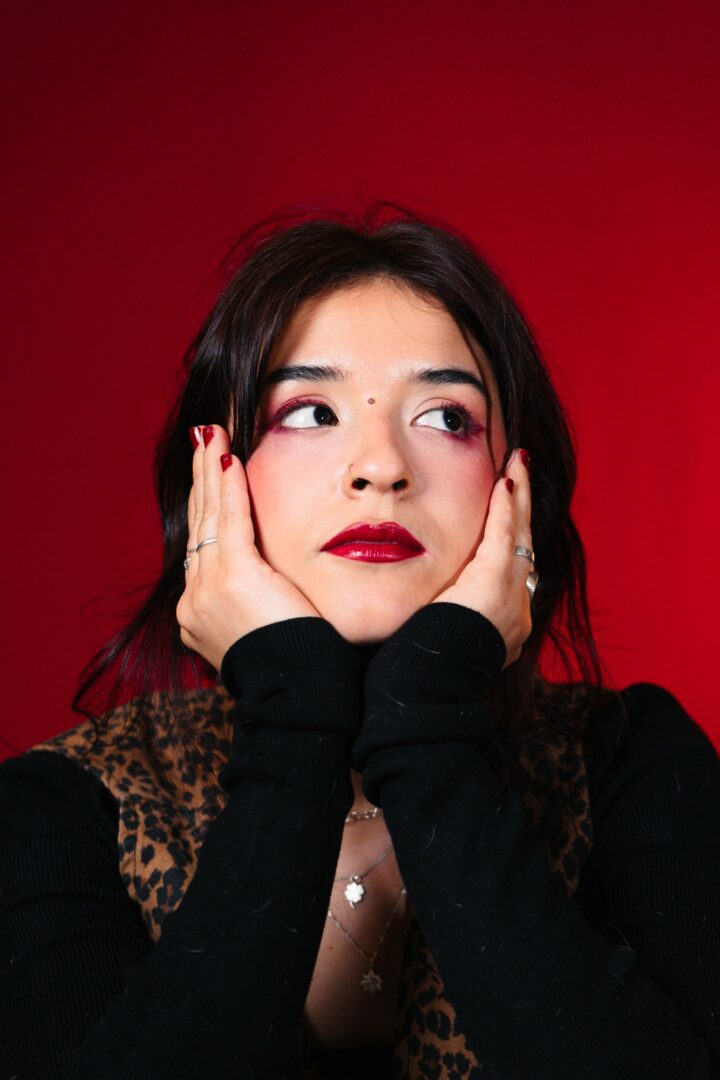Catalina Vásquez Salazar shared their story and experiences with us recently and you can find our conversation below.
Hi Catalina , thank you for taking the time to reflect back on your journey with us. I think our readers are in for a real treat. There is so much we can all learn from each other and so thank you again for opening up with us. Let’s get into it: What is something outside of work that is bringing you joy lately?
Lately, I’ve been learning about herbalism and nurturing a deeper association with plants, thinking of it as a co-creative relationship. It’s been a relief to disconnect from screens and explore with all five senses, feeling the grass under my feet, walking among trees, and experiencing the restorative sustenance that working with plants brings on an emotional, spiritual, and mental level. Reclaiming this sensory side has been essential for me, as it opens new ways of being present and connected with life.
I’ve also been connecting deeply with the idea of the garden as a place of rest, and more broadly, seeking moments of presence amid the rush of everyday life. I’m learning about the many benefits that plants—and reconnecting with our nature as part of the plantae world—can bring to us as human beings. This journey has led me to experiment with blends, flavors, and scents, which have become a source of joy and grounding.
Can you briefly introduce yourself and share what makes you or your brand unique?
Hi, I’m Catalina Vásquez, also known as Kathiuska, a visual artist from Medellín, Colombia. I live in the mountains, a place that deeply nurtures my creative process. My practice has moved across different disciplines—including filmmaking, fashion design, illustration, animation, and more recently, explorations in herbology. I’m interested in deepening my understanding of human emotions, the sensoriality of color, the connection with plants and nature, and the expressive potential of storytelling.
Beyond art, I’m pursuing a Master’s in Latin American Cultural Studies, driven by questions about culture, representation, and power, with a current research focus on domestic labor—especially its intergenerational dimensions, inequalities, and the knowledge and affections that sustain it.
Okay, so here’s a deep one: What was your earliest memory of feeling powerful?
When I was a child, around eight or ten years old, I used to play a lot with my cousins, and we invented all kinds of games. One day, I suggested that we should try to find the very end of our neighborhood—the place where the houses stopped. Without telling anyone, the four of us set out at around 5:30 in the morning to walk. We passed through streets I had never seen before, going far beyond my own house, until we finally reached the end. There was a wide open field, just a single church, and a view over the entire city. I remember feeling powerful, like an explorer discovering a new world.
Now, as an adult, when I pass by that place, it has become part of the city that has expanded into the mountain slopes. Yet the feeling of being an explorer, of discovering new places, is something I’ve carried with me ever since.
When did you stop hiding your pain and start using it as power?
I’ve always considered myself someone who feels intensely. That can be both a gift and a challenge when you don’t yet know how to channel emotions. At some point, I began documenting not only my pain but also what I was going through, drawing my thoughts, writing about my experiences, and giving shape to what I was living. I even created short films about my family’s stories, which helped me gain perspective. Through that process, I learned to have compassion for myself and to honor my path, my choices, and my process. Today, I think of my work as a space where others can also find a place to connect with their own vulnerability and acceptance.
Sure, so let’s go deeper into your values and how you think. Where are smart people getting it totally wrong today?
I think many smart people forget that we’re not going to make it out of this life alive. They get trapped in competition and in the illusion of endless time, instead of remembering that our days are finite. What has been challenging for me—but deeply transformative—is learning to value enjoying life as much as creating and building. Each day that I manage to integrate this, I feel more at peace with who I am, and I stop punishing myself with overwork or with the need to constantly prove something to others.
Before we go, we’d love to hear your thoughts on some longer-run, legacy type questions. When do you feel most at peace?
I feel most at peace when I can simply be myself. It sounds simple, but most of the time it doesn’t feel that way—because so often we’re expected to fit into a mold, to say the right things, to constantly impress others. That has been exhausting, and at some point, I realized I didn’t want to keep doing it. My most peaceful moments are when I’m lying on the grass watching a cloud, whether in silence or with someone by my side, with no need to prove anything—to be cool, interesting, to talk about money, or to measure my worth through connections. Just being present, and being with people who value that presence and value me beyond all the show, is what truly brings me peace.
Contact Info:
- Website: http://portfolio.kathiuska.com
- Instagram: http://instagram.com/_kathiuska_
- Linkedin: https://www.linkedin.com/in/kathiuska/
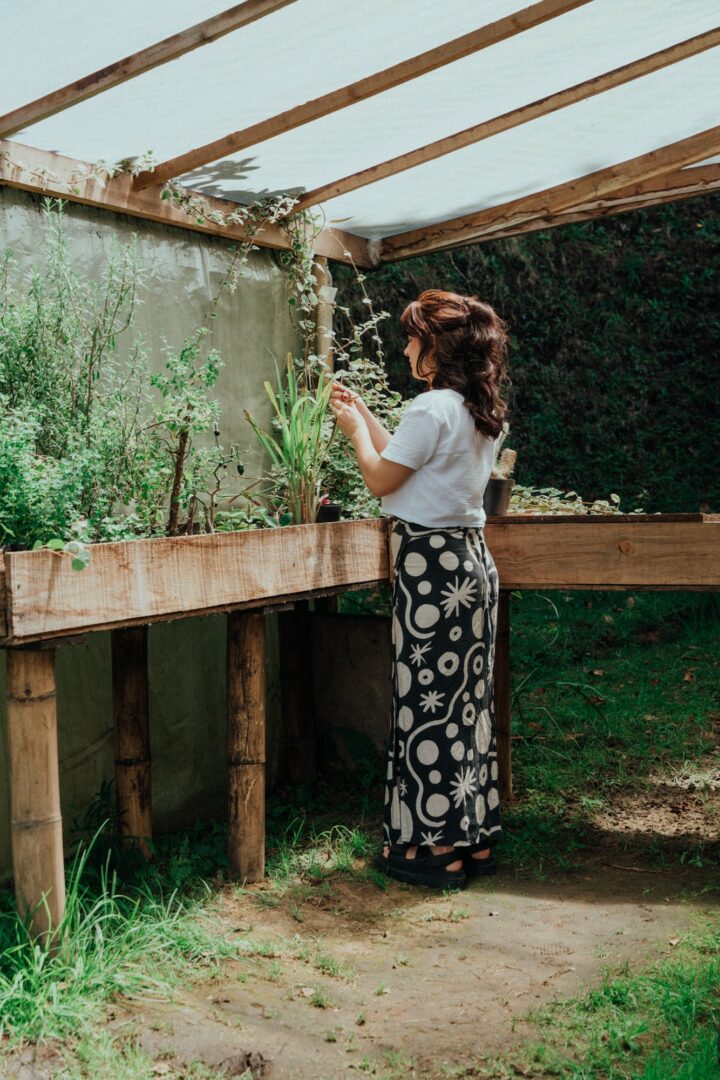
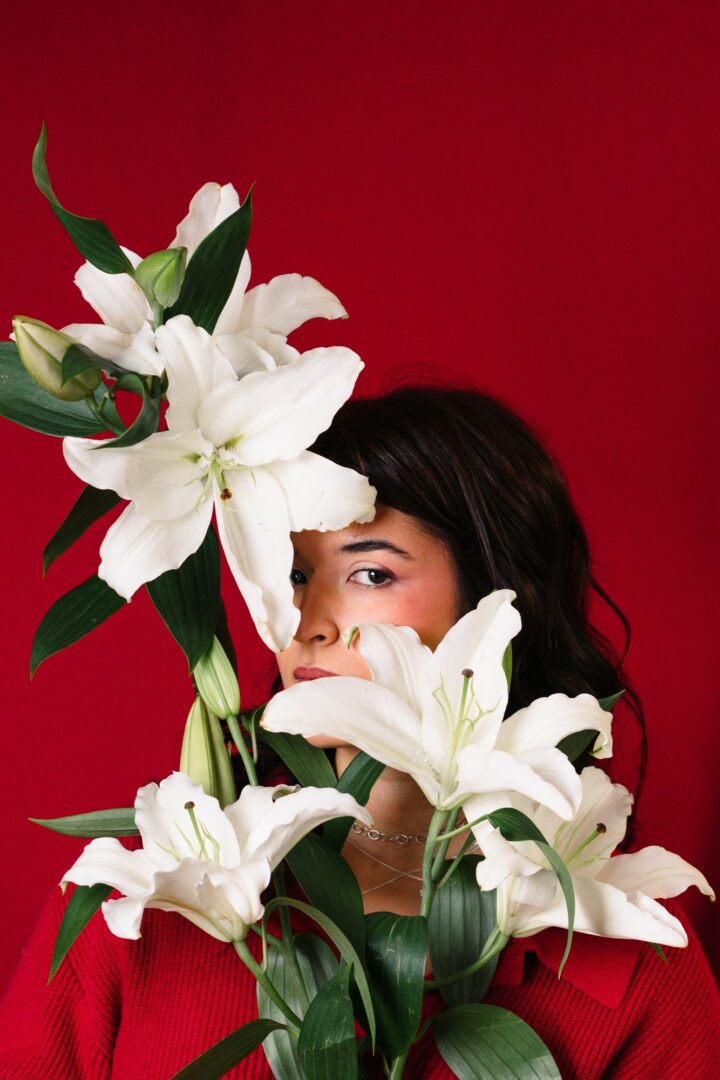
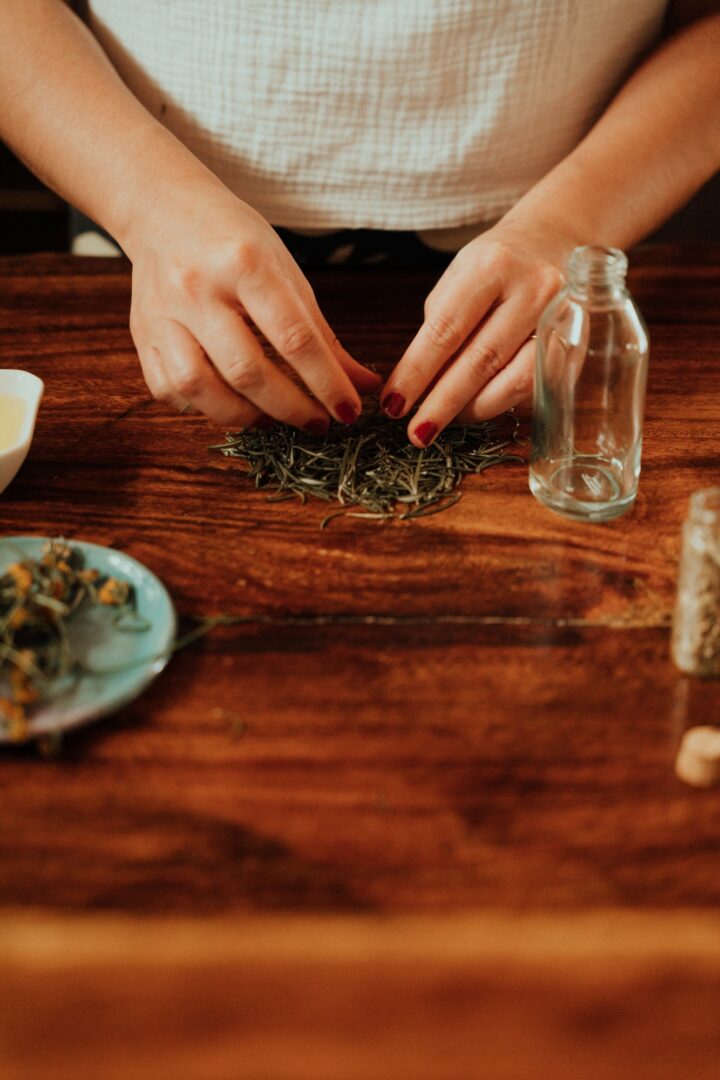
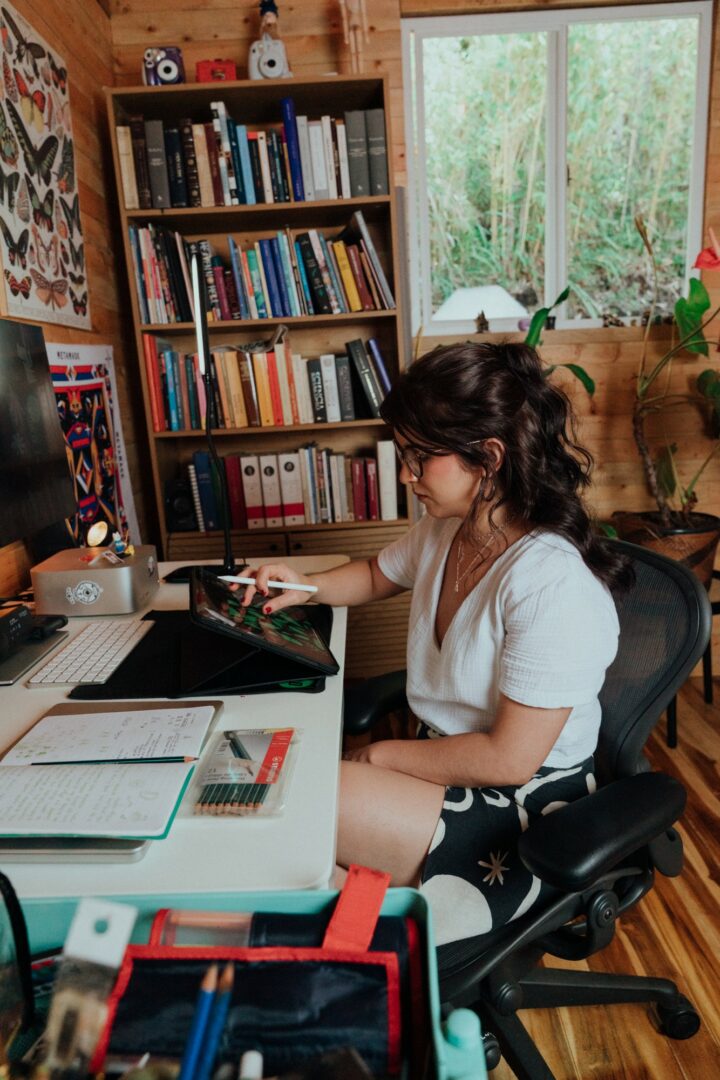
Image Credits
Photography: Ana María Gómez Morales
so if you or someone you know deserves recognition please let us know here.

